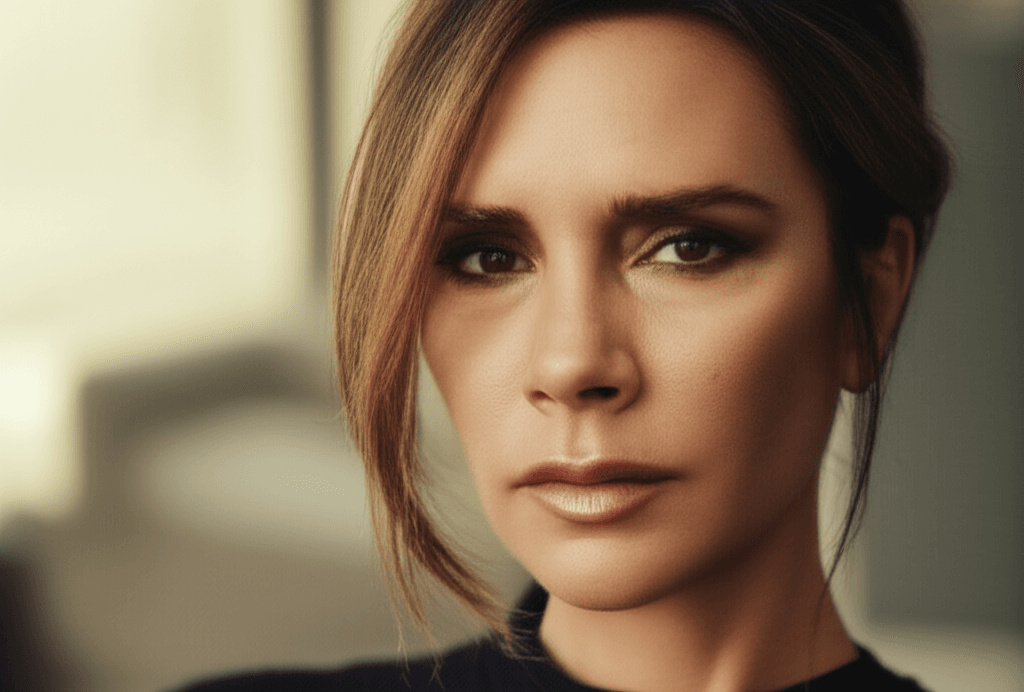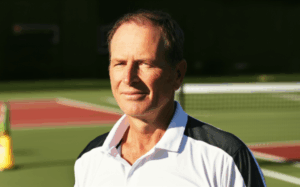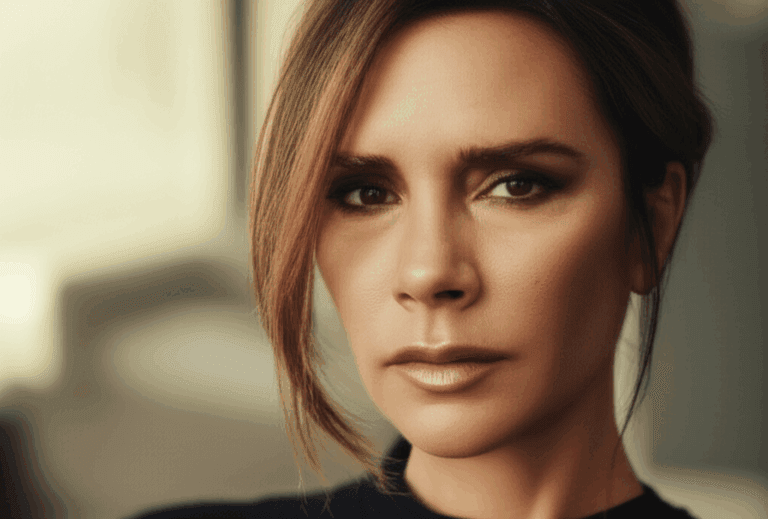Victoria Beckham, the fashion designer and former Spice Girl, has candidly revealed her decades-long struggle with an eating disorder in her self-titled Netflix docuseries. The 51-year-old opened up about how intense media scrutiny, particularly surrounding her body image after giving birth to her first son, Brooklyn, in 1999, led her to control her weight in an “incredibly unhealthy way.” This marks the first time Beckham has publicly and extensively discussed her experience with an eating disorder, shedding light on the immense pressure she faced and the lasting impact it had on her mental and physical health.

The Roots of the Struggle: Media Scrutiny and Control
Beckham’s journey with body image issues began even before her Spice Girls fame, tracing back to her time in theater school where she faced accusations of being “fat.” However, the intense spotlight of her career, especially in the 1990s and early 2000s, significantly exacerbated these struggles. She recalled being labeled everything from “Porky Posh” to “Skinny Posh” by the media.
A particularly damaging incident she recounted was being weighed on national television six months after Brooklyn’s birth in 1999. This public commentary on her post-partum body, and the constant criticism she received, led her to “doubt myself and not like myself” and lose “all sense of reality” regarding her appearance. Feeling a lack of control over what was written and photographed about her, Beckham sought to regain agency by controlling her weight.
The Secrecy and Isolation of Disordered Eating
A key aspect of Beckham’s struggle was the secrecy and isolation that often accompanies eating disorders. She admitted becoming “very good at lying” about her health troubles, even concealing them from her parents. “I was never honest about it with my parents. I never talked about it publicly,” she stated, highlighting how the constant feeling of “not good enough” profoundly affected her. Her husband, David Beckham, also noted the visible change in her during that period, describing how the “Victoria that I knew” started to disappear due to the criticism.

Towards Healing: Therapy, Communication, and Self-Acceptance
While the docuseries provides the most open account of her struggles to date, Beckham has also shared insights into how she has sought to deal with these challenges and foster a healthier relationship with herself.
The Power of Therapy and Open Communication
Beckham believes that talking about her problems in therapy is “really healthy” and has openly embraced seeking professional help over the years. She expressed happiness in being honest about having seen a counselor, emphasizing its role in giving her the tools to encourage open communication within her own family. She views the current societal awareness of mental health as “so healthy” and has even likened the process of creating her Netflix documentary to a form of therapy, finding it healing to revisit past memories.
Reframing Discipline and Wellness
Over time, Beckham has shifted her focus from unhealthy control to a more holistic approach to health and wellness. While she has been known for a rigid diet—reportedly eating grilled fish and steamed vegetables with minimal sauces and dairy for years—nutrition experts have noted that such monotony can sometimes signal disordered eating.
However, recent reports indicate her commitment to a health-boosting wellness routine, which includes simple, affordable practices. She starts her day with apple cider vinegar, incorporates a green smoothie packed with fruits and vegetables, and prioritizes hydration. Exercise also plays a significant role in her mental and physical well-being, serving as “me time” to clear her head and generate ideas. She emphasizes that exercise is not just about appearance but also about how it makes her feel.
Inspiring Others Through Vulnerability
By sharing her story, Victoria Beckham aims to contribute to ending the stigma surrounding eating disorders and mental health. Experts suggest that her candid revelation resonates widely, making the conversation around mental health more accessible and real. Friends of Beckham have indicated that she hopes to serve as a role model for her children and other women facing similar challenges, showcasing personal growth and development through her honesty. Her message underscores that these struggles are complex but treatable with early recognition, strong support, and a commitment to a healthier relationship with one’s body and mind.







